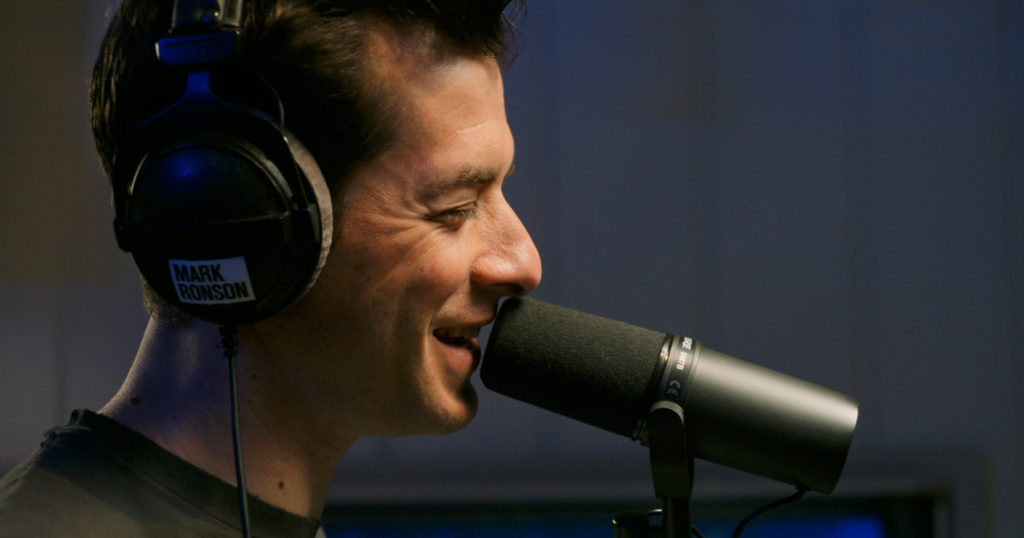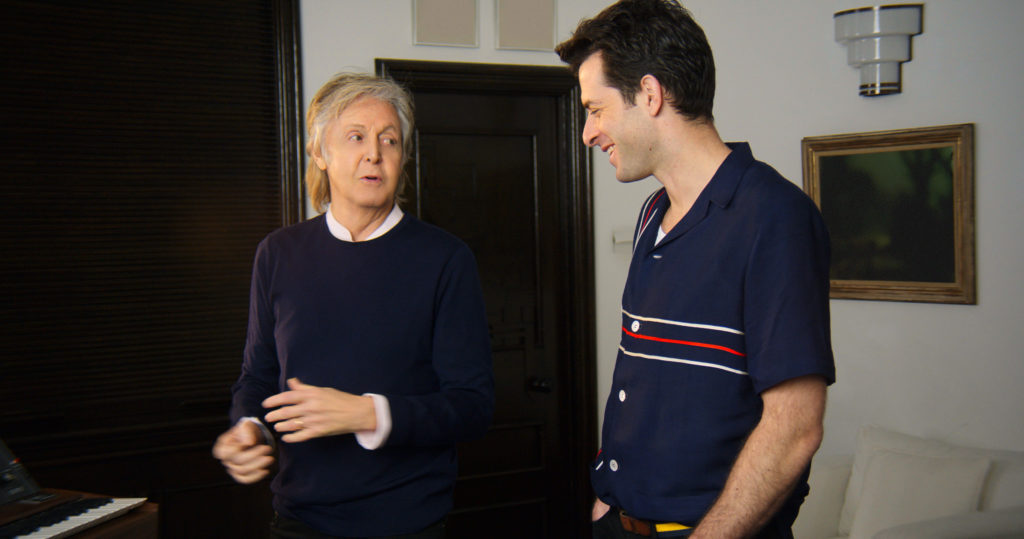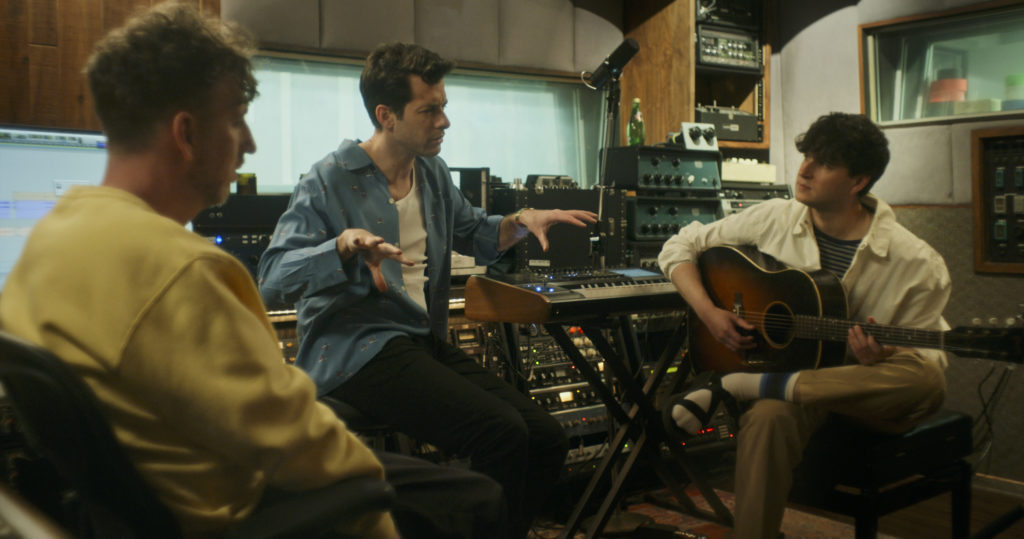Mark Ronson (46) is one of the most successful music producers of the 21ste century. With an Oscar, Golden Globes and a string of Grammys under his belt, you probably know him best for the monster hit Uptown Funk with Bruno Mars. He was also behind some of Amy Winehouse's biggest hits and played DJ at Paul McCartney's wedding. In exchange for a song on his new album, that is. Ron's latest project is the docuseries Watch the Sound with Mark Ronson on Apple TV+. Gentlemen's Watch spoke to him...
Text Jorrit Niels Photography Apple TV+
The six-part docuseries Watch the Sound is actually a return to Ron's first love: journalism. He did an internship at pop magazine Rolling Stone in New York and wanted to study journalism one day. So it was with serious commitment -and a certain amount of humility- that he seized the opportunity to start making this series. "Not least because I got to interview heroes like Paul McCartney, Dave Grohl, Questlove and Mike D and Ad-Rock from The Beastie Boys," Ronson says from his home in Los Angeles.
"Watch the Sound is for me a love letter to music and sound. The intention of the docu-series is for audiophiles to enjoy it, but also for a layman who just loves music to discover where elements of his favourite songs come from. What I find most interesting about it are the mishaps. That Prince makes a mistake with a machine and finds out about a totally new kind of sound. Or that Dave Grohl of the Foo Fighters looked for a way to express his emotion and found out distortion came. In doing so, it's also great to talk to Paul McCartney about Auto-Tune (technology to correct imperfections in vocals; ed) and hear that he also uses it sometimes. Or that he thinks John Lennon would definitely have experimented with Auto-Tune as an art form."
Ronson was born in London, but grew up in New York when his mother remarried Foreigner guitarist Mick Jones. While studying in Manhattan, he paid particular attention to the emerging hip-hop nightlife scene. From '93, he became known as a DJ, before discovering in the early 00s that his passion lay mainly in 'producing'.
 Since then, he has been known as the producer who can "adapt his sound" to the feel of any artist. Be it Bruno Mars with Uptown Funk, Amy Winehouse with Back to Black or Adele with 19. With the occasional album of his own in between, to reintroduce fans to a sound he calls his own. Such as Late Night Feelings from 2019.
Since then, he has been known as the producer who can "adapt his sound" to the feel of any artist. Be it Bruno Mars with Uptown Funk, Amy Winehouse with Back to Black or Adele with 19. With the occasional album of his own in between, to reintroduce fans to a sound he calls his own. Such as Late Night Feelings from 2019.
You are an artist yourself. Did you notice that this is why interviewees reacted differently to you than to a 'standard' journalist?
"During most interviews, I tried to pose as a fan and music lover. But of course it helps that I know the ins and outs of technologies. So when I talk to Paul McCartney about tape loops, he notices that I really get it. That will undoubtedly remove a barrier. Hopefully you will notice that they are more at ease more quickly."
A lot of music these days is based on beats and production. To be a successful musician, do you still need to be a creative person, or is it enough if you are technically savvy?
"It can work both ways. The emotion is what makes something distinctive. If Frank Ocean works very basic on a guitar with only four chords, it can sound insanely good because of the melody and the emotion he puts into it. But let a technical genius get to work with music production programmes like GaragaBand or Ableton and something genius can also come out of that without him ever having touched an instrument."
What are you leaning towards yourself?
"Then I still go for the musician who is less good with a computer, but especially soulful concerned with what he or she can do. More from the heart and less calculating. I see technology as a way to enhance music. To support the emotion the creator wants to convey."
 Do you think the tolerance for bad singers is increasing with all these technological advances?
Do you think the tolerance for bad singers is increasing with all these technological advances?
"Every day we see music evolving. Just look at Auto-Tune and other tools. Still, when you hear a really good voice, like Adele's or Rosalía's, we still appreciate it immensely. I don't believe this is disappearing. I do believe that technology and a special sound can elevate a good song into a brilliant record. Just think of Ginuwine's sounds; those effects and sounds made you run straight to the dance floor. Modern music can be helped by 'tech', provided you use it well. It has to complement each other. Just leaning on technology doesn't work in the long run."
But the role is becoming increasingly dominant, isn't it?
"Sure. Look a at TikTok. In itself, that has nothing to do with sound, but everyone is now looking for some kind of 'viral' moment in their songs, so you get picked up by TikTokkers. Hoping for mega-success. Or something for the near future: music conceived by artificial intelligence. I can't imagine ever being truly touched by a song created by an algorithm. Anyway, as long as computers learn more and more to emulate human emotions, who knows. It may well be that in 20 years' time, I won't even hear the difference. It makes me anxious, nervous and sad when I think about it, but chances are it will go that way."
You are known as someone who can perfectly fill in the sound for others. How do you develop that?
"It's something I've always had in me, because I listen a lot. It's almost like a sixth sense. I can very quickly sense what sounds good with an artist. Take Miley Cyrus. I heard Miley sing at the 40th anniversary of Saturday Night Live and she sang 50 Ways to Leave Your Lover with a country arrangement. I had never heard her voice so 'naked' before. That then forms my starting point. With that hook of that 'new voice', I then try to come up with something she has never done before."
So there is no such thing as a typical Mark Ronson sound'?
"Some producers are very aggressive with a sonic signature. I think these days I mostly make something that feels honest and a bit timeless. Instead of trying to put my own very own stamp on it. But in the beginning... Well, my first real success was with Amy Winehouse and The Dap-Kings, with that 'retro sound'. I let that go on a bit too long, which may have made people -and critici- fed up with it. Sometimes I still get teased about it when Mark 'horns' Ronson." (grins)
What do you mean?
"Well, putting a horn section on almost everything. By now, maybe it's my age, I'm not so worried about the sound. I just want people to feel honesty and authenticity. That they feel the singer when they hear the music. I am as happy with my name on the front of the record as I am with my name in brackets somewhere at the back. If I can make a record once in a while where I can make a bit of a statement, that's enough."
 And when asked about your personal taste?
And when asked about your personal taste?
"I know it sounds stupid, but I just like everything. In the beginning it was Duran Duran and Culture Club, in New York I got to know rap and soul intensively and my hero is Stevie Wonder. And in Los Angeles, I always have to think of the 1970s."
But in terms of their own work, it seems to be mostly the 70s and 80s.
"Absolutely. When it comes to the 70s, especially vintage synthesisers. The 1980s was a great era with so much great music. Be it Prince, Duran Duran, Grandmaster Flash or Run DMC. I think about it a lot because Nile Rogers is one of the greatest record producers of all time. You may never hear his name mentioned in the same breath as Quincy Jones, but it is really incredible what he has done with Chic, Sister Sledge, Diana Ross, Madonna and David Bowie."
You moved from New York to Los Angeles. Looking for more peace and quiet?
"Also. But I feel this is now the epicentre of music. You have to live here if you want to work at the highest level. It did take me a while to get my footing. You can very easily live an isolated existence here. L.A. is just what you make of it. What I love is that I wake up an hour and a half earlier here than in any other city I've ever lived in. It sounds corny, but I really greet the day here. Up at eight o'clock! That's not very rock 'n' roll, but then I'm already in my mid-forties, lol. I can't go on forever with these young guys who are in the studio until five in the morning. Why? I just can't take that shit anymore, yo. I want to enjoy life and my house, so I always try to stop around eight o'clock."
What is your favourite project you have worked on?
"That is incredibly difficult. Uptown Funk was bizarre. My album Version from 2007 is dear to my heart. Working with Adele, McCartney... and of course Back to Black with Amy Winehouse remain very special. In fact, most of that album was on there in seven days. I don't think it's diplomatic to say this is my favourite, but I think that collaboration reached the most people. And therefore has something lasting. It was insane to work with her, although of course it's still a sad story."
How do you experience the bond between singer and producer? There are many stories about skewed power relations.
"I hear it often enough. Lady Gaga also told me about it. That it can quickly go to a producer's head if he gets enough offers, from record companies, or from women. 'Without me you're nothing', that kind of nonsense comments. I always see it completely the other way round. If you get to sit in a studio with a singer like Lady Gaga, Adele or Amy Winehouse, then shut up and listen. See what they want. It might surprise you, but almost everyone I've worked with had a very strong vision, knew what they wanted. It's rarely that they come in and say 'just do something'."
Are you then more like a facilitator?
"Exactly. Sometimes I give a beat or play a few chords. Or once I suggest another artist who could complement the song perfectly. I like that role. It shows not too much ego. You don't make yourself excessively small, but show that your role can be big or small, and that you understand when you have to keep quiet for a while. That the artist gets the space to do his or her thing. So I still feel like a lucky person that I continue to attract those kinds of special people."
Is that luck? After nearly 20 years in the business, you can also just be good
(laughs) "Yes, that's that tiresome modesty. Or my partly British upbringing. Of course I know I'm a hard worker, working until dawn if necessary to get that one beat right. But the fact that I got to work with Amy Winehouse or Bruno Mars or now make this series for Apple... prior to that, a number of things happened in which pure luck played a role. Luck might get you into the studio, talent keeps you there."
Watch the Sound with Mark Ronson is now available on Apple TV+
CV
Name: Mark Daniel Ronson
Date of birth: 4 September 1975 (46), Notting Hill, London - England
Residence: Los Angeles and New York - US
Private situation: Married
Trivia: Won an Oscar for Shallow from A Star is Born - Other awards include seven Grammys, a Golden Globe, two Brit Awards and an MTV VMA - Has an estimated fortune of $20 million - Married to Grace Gummer, daughter of Meryl Streep - Started his career as a DJ in New York - Started his own record label Allido Records with Rich Kleiman in 2004 - His single Uptown Funk with Bruno Mars achieved a record 14 weeks at number one on the Billboard Hot 100 - Rescued from the water as a child on Long Island by Paul McCartney - Sees Back to Black featuring Amy Winehouse as one of his major works, won three Grammys in 2008 for the LP



